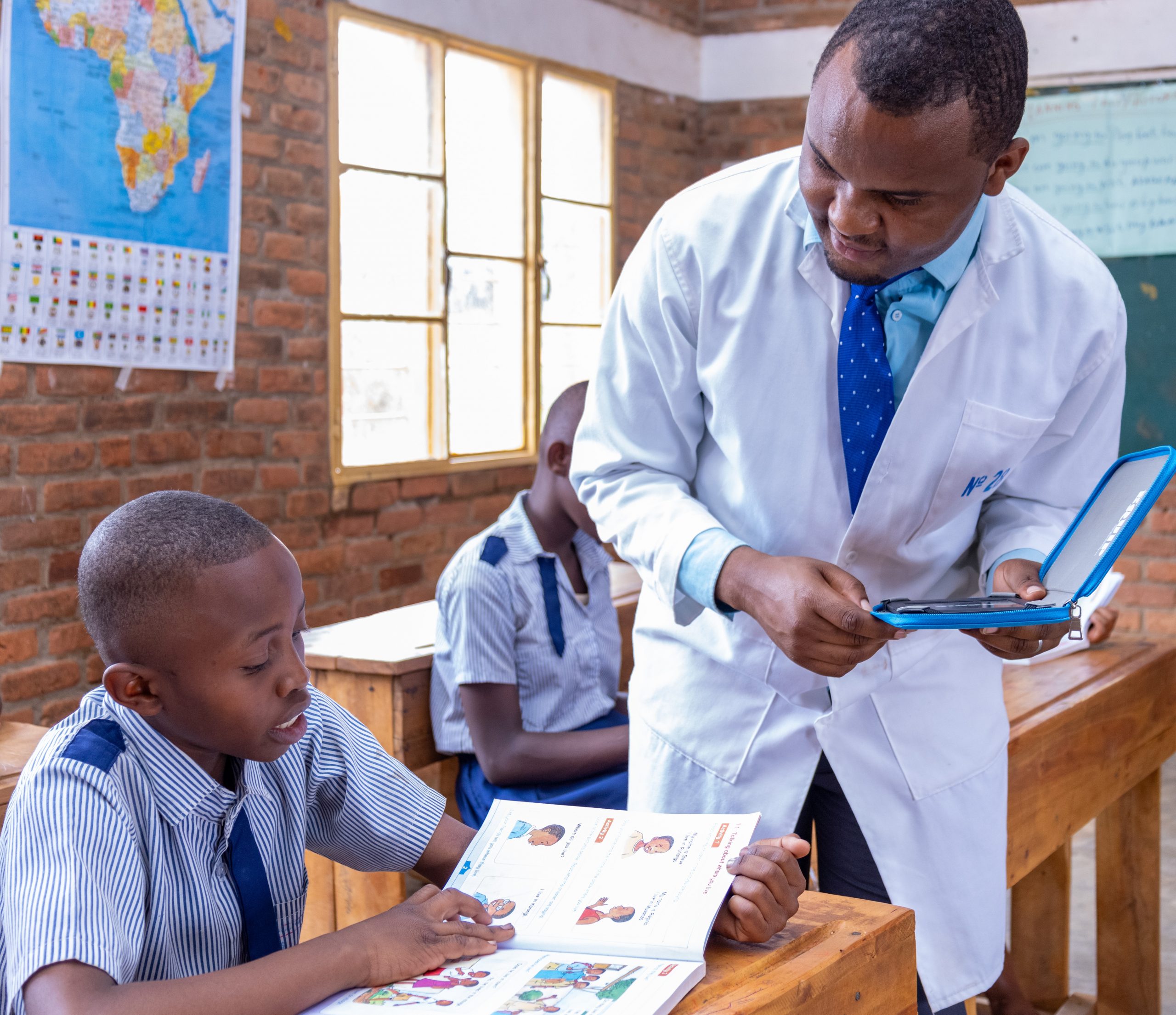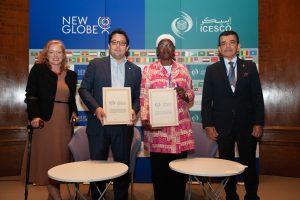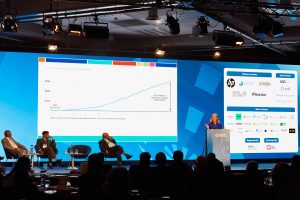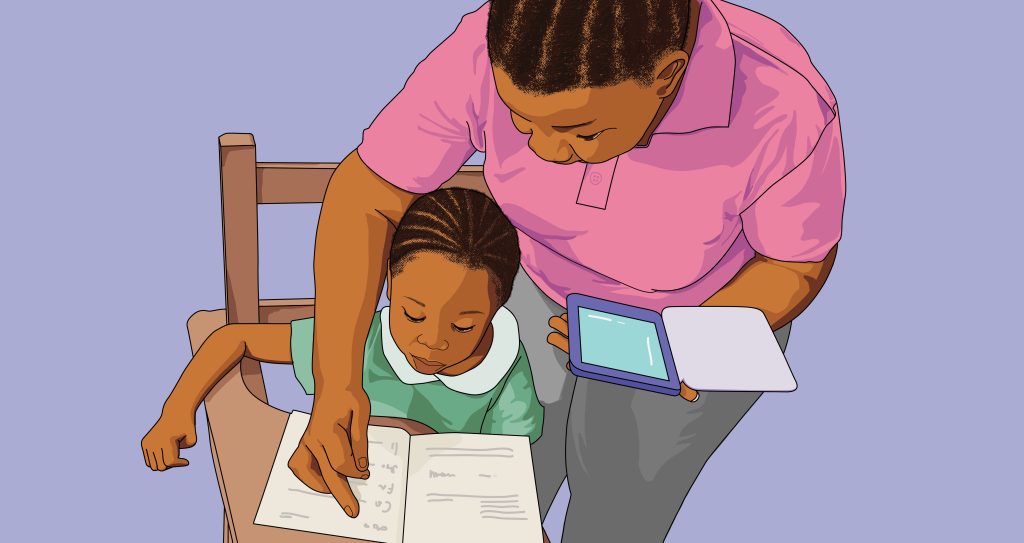Teachers Transform: Teaching is the most important job in the world
Teaching is the most important job in the world. The quality of any nation's education cannot exceed the quality of its educators.
Yet, in many low and middle-income countries, the profession is in critical condition. UNESCO estimates a shortfall in teachers in sub-Saharan Africa alone of 15 million. Worse, teachers struggling to help students have little or no support.
“Many teachers do not have access to quality training and continuous professional development,” says UNESCO.
Compounding this is the sad truth that many teachers themselves often struggle with the content they are teaching. Literacy and numeracy can be a challenge.
Nearly 90% of children around the world go to primary school. But only about 35% can read a simple sentence at the age of 10. In sub-Saharan Africa, only 10% can. Hundreds of millions of children are in school, but not learning.
So this year’s World Teachers’ Day on October 5th is more than a day to celebrate hardworking and dedicated teachers. It’s also a chance to rethink the way ahead, to shine a light on the ideas and programs that work in support of teachers and teaching.
Governments committed to transforming their public education systems understand this, and increasingly leaders in the Global South are showing that the way to transforming learning outcomes for their students begins with transforming training and support for their teachers.
One pioneering program is EdoBEST, launched by Governor Godwin Obaseki in Nigeria’s Edo State with the support of its technical partner, NewGlobe.
“Starting in 2018, EdoBEST trained more than 11,000 teachers in three years in government primary schools,” Governor Obaseki explained. “Teachers and pupils benefit from scientifically developed lesson plans and integrated digital content and learning materials tailored to our context.”

Multi-day training is centered around scientifically-based teaching methods and practices. Teaching guides ensure concepts are taught to maximize students’ understanding and learning.
Lesson plans support teachers with clear measurable goals and expected outcomes for their students. All teaching is targeted to maximize learning for students, through structured practice and feedback grounded in extensive research on the most effective use of class time.
Another vital element is ongoing data-driven coaching and professional development for every teacher. Lessons are observed by highly trained learning and development supervisors several times a month, with teachers receiving bespoke face-to-face feedback.
The response from teachers is overwhelmingly positive.
“I am proud to be a teacher, but in the last 30 years of my service I have not got this type of training,” explained Oyerebu Sarat, a Primary 6 teacher.
“When EdoBEST came in it has been training, training, training continuously. It was amazing, teaching me a new method of learning and it has been very effective. With the EdoBEST method of teaching, my students have improved so much.”
“Children in primary schools in Edo State today learn three times more than they used to learn with the old pedagogue,” says Governor Obaseki. That success has been recognized with a $75m investment from the World Bank in an EdoBEST 2.0 extension, to embrace junior secondary schools. An expanded program of teacher training is at its heart.
Edo State’s education success has inspired programs in Lagos State – EKOEXCEL – and Kwara State – KwaraLEARN. Rwanda’s national government has launched RwandaEQUIP, with the aim of making every primary school globally competitive.
The teaching methods underpinning all of these programs have been independently studied by an academic team led by Professor Michael Kremer, 2019 Nobel Prize winner for Economics.
They found that students taught using them made some of the biggest learning gains ever found in such a study – and students and their parents reported better teaching.
Teachers were more likely to provide students with instruction or materials related to their individual needs, be more engaged in the classroom, and more likely to offer extra support.
Vitalis Wekesa attended one of the schools studied in Kenya, before winning a scholarship to a top US High School and then one of the oldest universities in America.
“We were taught to think for ourselves. It wasn’t just the teacher giving us the answer. So thinking for myself, being a little more independent. That really helped me.”
Teachers deserve and benefit from, consistent and expert training and support. Tech-enabled, data-driven coaching and professional development for teachers, a vital part of public education transformation programs spreading across Africa, are vital for teaching success. And as UNESCO says, transforming education outcomes for all students begins with teachers. Happy World Teachers’ Day.



